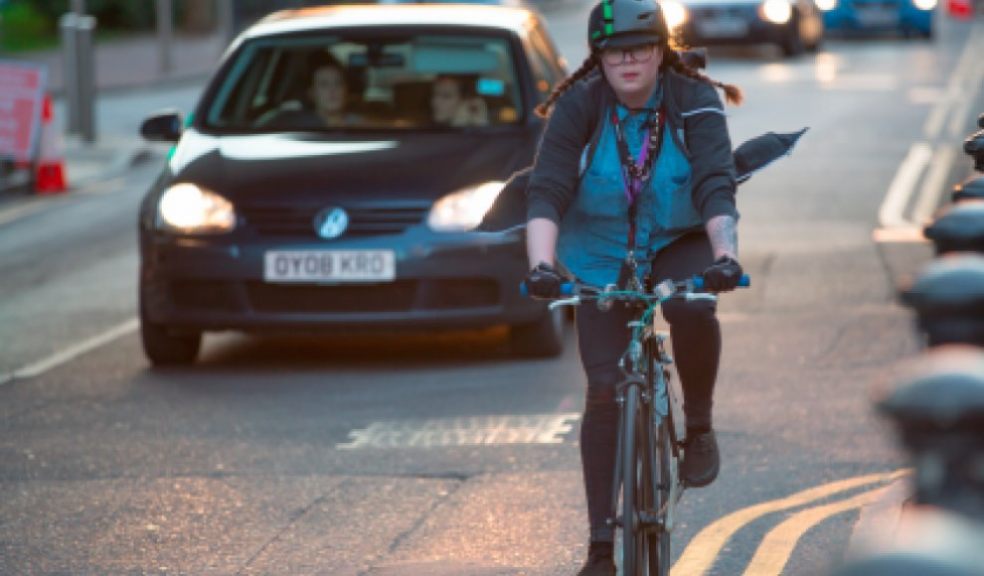
What would environmentally conscious drivers like to change?
Three in ten Britons lie about their driving habits, according to new research published by ethical car recycling company Scrap Car Network. Their results show that ‘climate guilt’ becoming an increasingly pressing concern for many of us. The most common lies all concerned car usage itself, with 73% of respondents saying they lie about the number of journeys they make, 63% about their annual mileage, and more than a third (36%) actually lie about the fact they even owned a car.
The fact that owners feel compelled to lie about cars does demonstrate an awareness of the rising urgency of the climate crisis, and could even be interpreted as a willingness by drivers to ditch their cars completely. Right now, that’s simply not an option for some, especially for those deep in rural areas, or living with disabilities. But for the more environmentally-conscious drivers, what would have to change before they gave up their current emissions-heavy motors?
The viability of ‘greener’ cars
For those who would struggle to survive without their cars completely, hybrid and electric cars can provide a more environmentally-friendly alternative by taking the edge off the sheer volume of emissions produced. Unfortunately, there are still huge barriers to their widespread adoption. For example, even though all-electric cars are completely carbon neutral, the manufacture and disposal of their batteries takes its own environmental toll.
What’s more, for electric cars to be properly viable, our national infrastructure needs to significantly advance. Right now, with a relatively small number of UK charge points, the range of electric cars is limited, making them unviable for long journeys. Interestingly, one study from Admiral (a UK car insurer) found that younger drivers are especially hopeful for the future of electric cars - understandable, as it assuages most climate guilt without having to sacrifice on freedom and mobility.
The state of public transport
If you live in a major city, public transport might strike you as a sensible alternative to using your car (whether it’s an attractive option or not is a separate issue). Unfortunately, the price of public transport - train fares in particular - has risen steadily in recent years. Between 2010 and 2015, the Trade Union Congress revealed that prices rocketed by 25%, and that ticket prices rose three times faster than national wages. That means many Britons find themselves working more simply to afford going back and forth to work.
Today, the UK’s public transport system is amongst the most expensive in Europe. Not only is that not tempting anyone out of their cars, but may even be keeping drivers in them. For two adults, a single shared journey in a car may well be faster, cheaper and more pleasant than two separate return tickets on an overcrowded train. Constant delays, unpredictable strikes and missed punctuality targets aren’t making it any more attractive.
Complicating things is the fact that Southern parts of the UK, especially near London, tend to enjoy the best quality of public transport, whereas people in the North and Midlands often feel increasingly marginalised by the lack of investment in local services, leading to an understandable reluctance (or even inability) to give up their cars.
Better provisions and attitudes towards cyclists
Behind cars and public transport, biking is one of the next most common forms of transport for us here in the UK. However, cyclist safety is still a huge issue in many cities. London in particular sees hundreds of them injured and killed in collisions each year, and cyclist campaigns are active both there and in many other UK cities, demanding better standards and infrastructure to support people using bikes to travel.
Compounding the issue is the stigma some drivers attach to them. One particularly common refrain is that “they don’t even pay road tax!”, the implication being that only drivers are to thank for maintaining British highways. As Scrap Car Network explains in a separate post, part of the problem lies in the ambiguousness of the phrase “road tax”. Drivers pay Vehicle Excise Duty, sometimes referred to as road tax, which is a levy based on their car’s emissions. However, the actual upkeep of British roads is funded by general taxation, which means they’re paid for by everyone. So in this context, cyclists do indeed pay “road tax” - at least in all the ways that matter.
Common stigmas like these, as well as the physical dangers and risks many people currently associate with cycling, all currently serve to discourage people from hopping on the saddle. Unless they see evidence of growing support and better infrastructure, it’s likely that many would-be cyclists will stay firmly behind the wheel for now.
Unfortunately, none of these are issues with quick and simple answers. That’s not to say that the solutions aren’t on the way. But the question many climate scientists are already asking is - will they arrive too late?




















